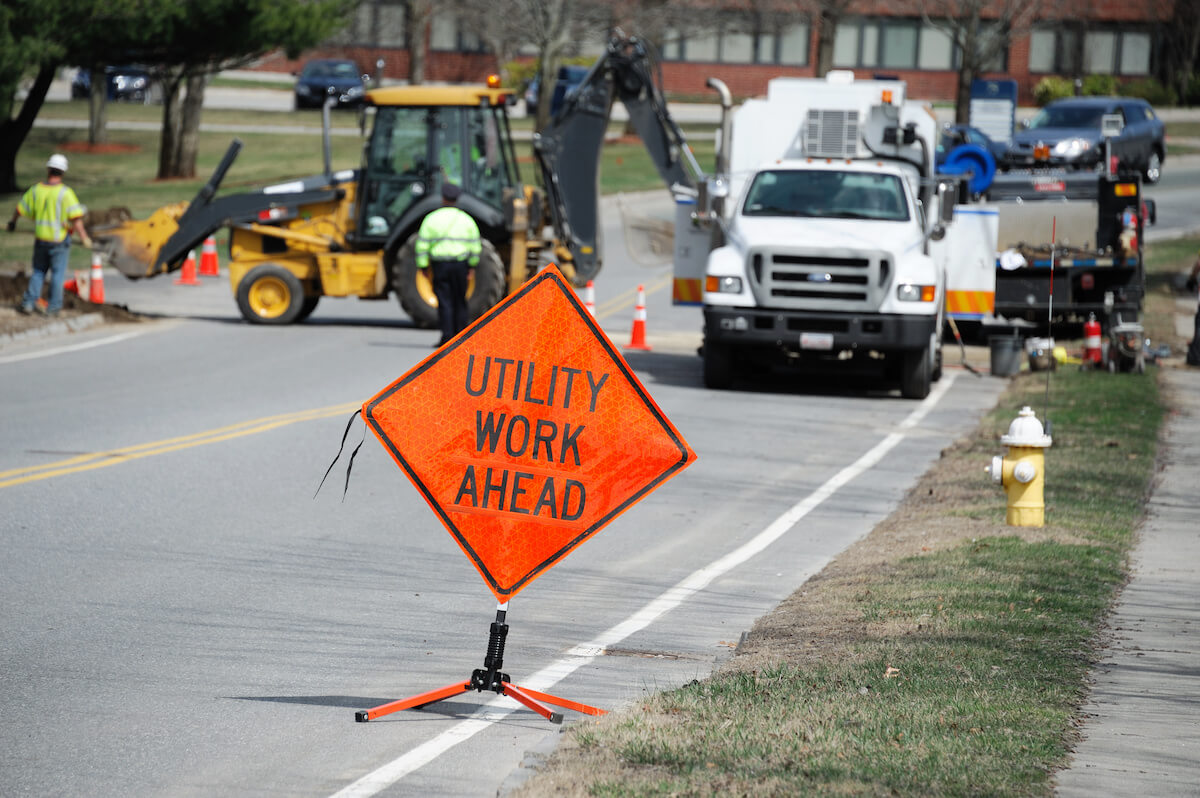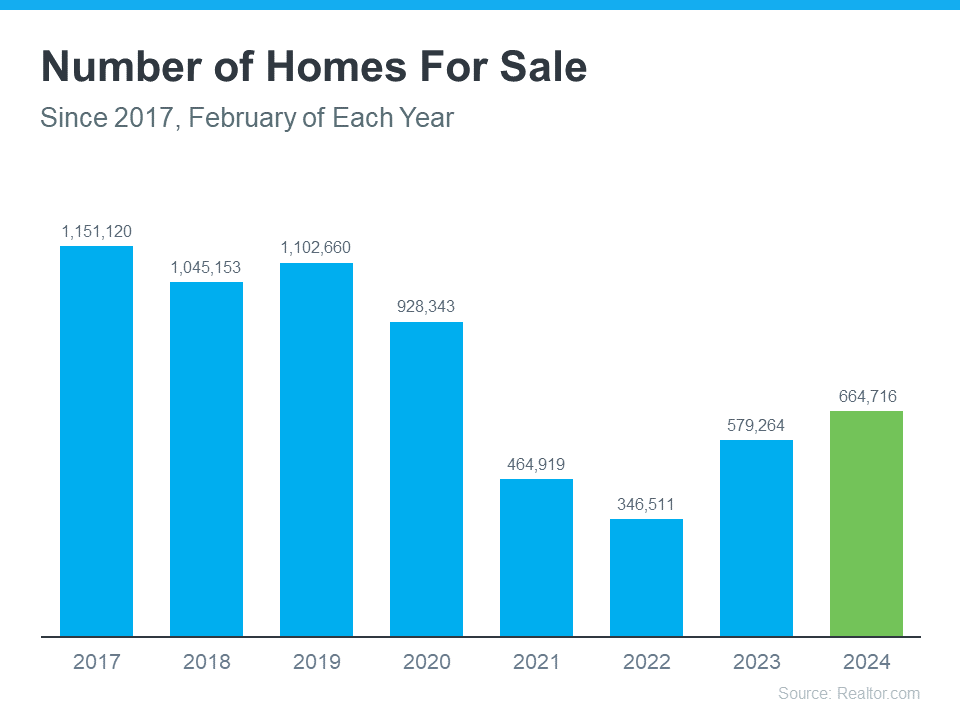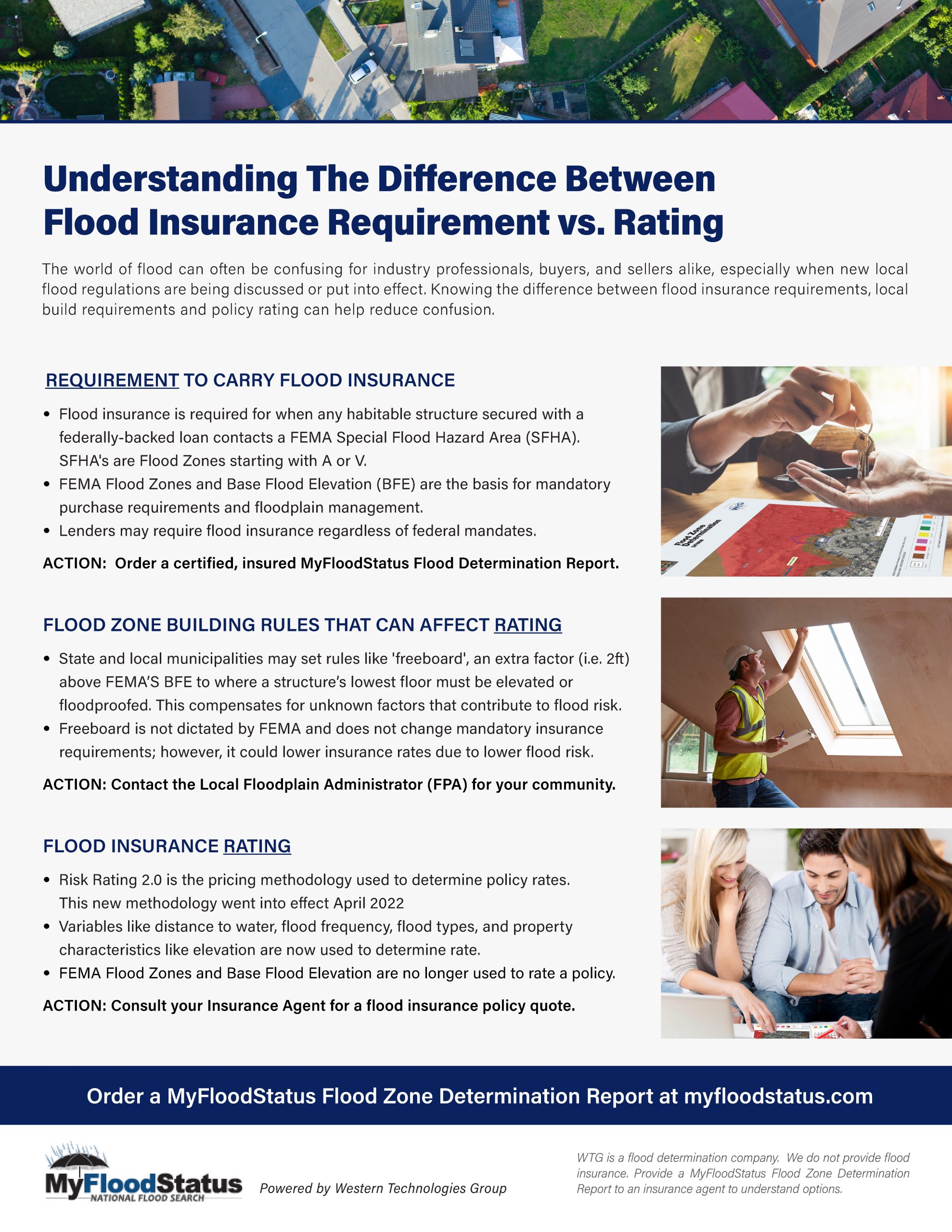Many factors are at play when buying a home, no matter where you live. Potential homeowners need to determine their budget for a down payment, research the best type of mortgage for their needs, and make sure the home will suit all of their lifestyle needs in the long term.
Though these considerations are true for home buyers across the U.S., some factors are specific to the state where you’re shopping for real estate. Property taxes, for instance. In Texas, there are a few tax-related real estate acronyms that new residents should fully understand before making their purchase. What does a home listing mean when it says it’s part of a PUD? Why do some listings advertise “No MUD or PID”? If you know before you go, you’ll be able to browse listings with confidence.
What Is a MUD?

The acronym “MUD” stands for the municipal utility district, a facet of Texas infrastructure that focuses on building and maintaining roads and providing utility services such as stormwater drainage, sewer access, and clean water in areas where the nearest city might be unable to.
MUDs are usually responsible for providing utilities for newer residential developments built outside their nearest city’s public utility services. This often includes the growing trend of master-planned communities.
Essentially, your MUD property tax serves as a contribution to this infrastructure organization and helps provide much-needed water, sewer, and other utility services to your neighborhood.
You’re only responsible for MUD taxes if you live in an area that uses their services, and your MUD tax decreases each year as the upfront cost of the services slowly gets paid off. Additionally, the more homeowners that are paying into a MUD, the less any individual homeowner has to pay.
Not all residents want to live in a city center, and MUD makes it possible to make your home outside busy urban areas while still receiving all of the utilities you need.
What Is a PID?

While the PID tax is relatively similar to the MUD tax, it has some distinct differences. PID stands for property improvement district, which is a specialized city or county district that focuses on improving and building new infrastructure in an area’s neighborhoods.
The PID tax provides benefits such as better city parks and green spaces, improved neighborhood landscapes, more fountains and lakes, additional shade structures, and other features that appeal to those who live in the area as well as pedestrians and visitors.
This differs from the MUD tax, which focuses on providing water, sewer services, stormwater drainage, and other similar utilities to neighborhoods that are just outside of public city services.
PID taxes are only paid by the residents who reap the benefits of them, which is an even greater incentive for locals in a given area to use the parks and green spaces in their neighborhood.
Additionally, residents have the choice of paying their PID taxes in full in a single lump sum or spreading them out over several years. Most Texas neighborhoods that levy PID taxes pay them over a 20- to 40-year span, making them a relatively affordable expense on a yearly basis.
What Is a PUD?

The acronym “PUD” stands for a planned unit development, which is a specially designed community of homes in which every homeowner belongs to a homeowner’s association or HOA.
Depending on the location and what types of features are prioritized in the building of a PUD, they can be made up of any type of home, including single-family homes, but are often associated with condos and townhomes.
Because these are planned developments, residential areas in a PUD are usually interspersed with commercial areas, giving residents easy access to amenities like grocery stores, schools, restaurants, and workplaces. Mandatory HOA membership often helps stabilize home values, and the HOA maintains common areas and community amenities like parks, pools, and playgrounds.
However, with these amenities, as well as the efforts of the HOA, PUD residents are responsible for more taxes and fees than the average Texas homeowner. Additionally, HOAs will set out CC&Rs—covenants, conditions, and restrictions—that PUD homeowners are obligated to abide by.
An important thing to note: all PUDs have HOAs, but not all HOAs are PUDs. The difference between a PUD and an HOA can be a fine one, but as a general rule of thumb, a PUD gives homeowners ownership of both the structure and the lot itself.
What Is a TIF?

TIF stands for tax increment financing, a funding method used by cities and counties to invest in neighborhood improvements. In order for TIF to take place, a city or county must establish a tax increment reinvestment zone, or TIRZ, which includes properties from which tax revenue will be captured.
TIF isn’t a tax itself but a method of funding community improvements through taxes. Not current taxes, though—future taxes.
Basically, TIF funding allows a city or county to issue a bond for development projects backed by the expected increase in property tax revenue that the development will generate. By improving the community, local property values will increase, and that increased property value results in increased property tax revenue. With TIF, cities and counties can spend now, pay later.
Each taxing entity within the TIRZ may choose how much of the increased property tax revenue above the original revenue—the “tax increment”—goes toward repaying the TIF bond. Homeowners simply pay their property taxes as usual.
With a TIRZ established, current residents and new homebuyers can be made fully aware of whether a portion of their yearly property taxes are being allocated toward a TIF and what improvements they can expect thanks to that TIF. Some places will even have a list of active TIRZs, such as this list of TIF Districts in Tarrant County.
Finding Your New Home in Texas
The prospect of buying a home is overwhelming enough without all of the other property taxes that can come across during the process. However, once you’re familiar with the terms you may come across in real estate listings, it becomes much less daunting to choose your next home in Texas.

 Facebook
Facebook
 X
X
 Pinterest
Pinterest
 Copy Link
Copy Link


















